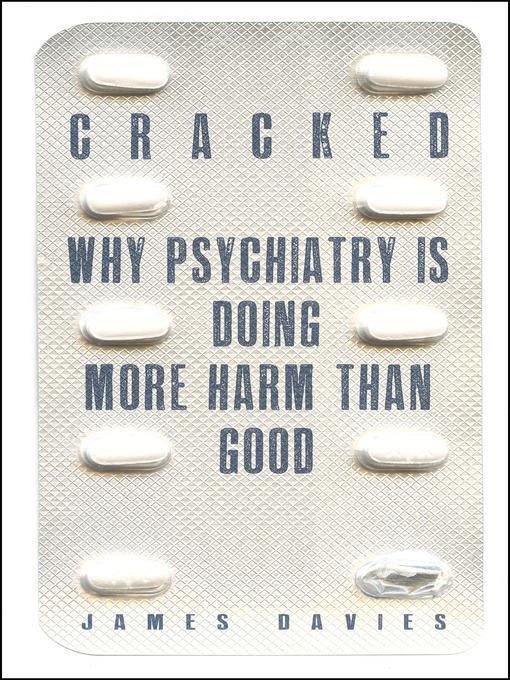
Cracked
Why Psychiatry is Doing More Harm Than Good
چرا روانپزشکی کار خیلی خوبی است
کتاب های مرتبط
- اطلاعات
- نقد و بررسی
- دیدگاه کاربران
نقد و بررسی

May 27, 2013
A practicing psychological therapist adds to the fusillade against contemporary psychiatry with this multipronged attack. Relying on numerous studies and interviews with American and British leaders in the field—including Dr. Robert Spitzer, the primary editor of the DSM-III—Davies (The Importance of Suffering) lambasts the nonexistence of empirical biological evidence behind modern nosology, explaining that in lieu of hard data, “professional agreement, consensus, and, in the event of continued disagreement, majority opinion” ends up defining the disorders with which people are diagnosed and then for which they are medicated. On the pharmaceutical front, Davies takes aim at Big Pharma’s tendency to “cherry pick” positive clinical trial data to suit its needs. The results are drugs whose curative efficacy is questionable and which sometimes come with serious side effects (such as the “emotional blunting” that occurs in about half of all Prozac users). Further undermining the integrity of the psychiatric profession is the fact that many doctors, having received grants and/or speaking and consulting fees from Big Pharma companies, are essentially prescribing from within the deep pockets of their benefactors. The consequences for patients and the profession are obvious. An eye-opening and persuasive work. Agent: Andrew Lownie, Andrew Lownie Literary Agency (U.K.).

























دیدگاه کاربران